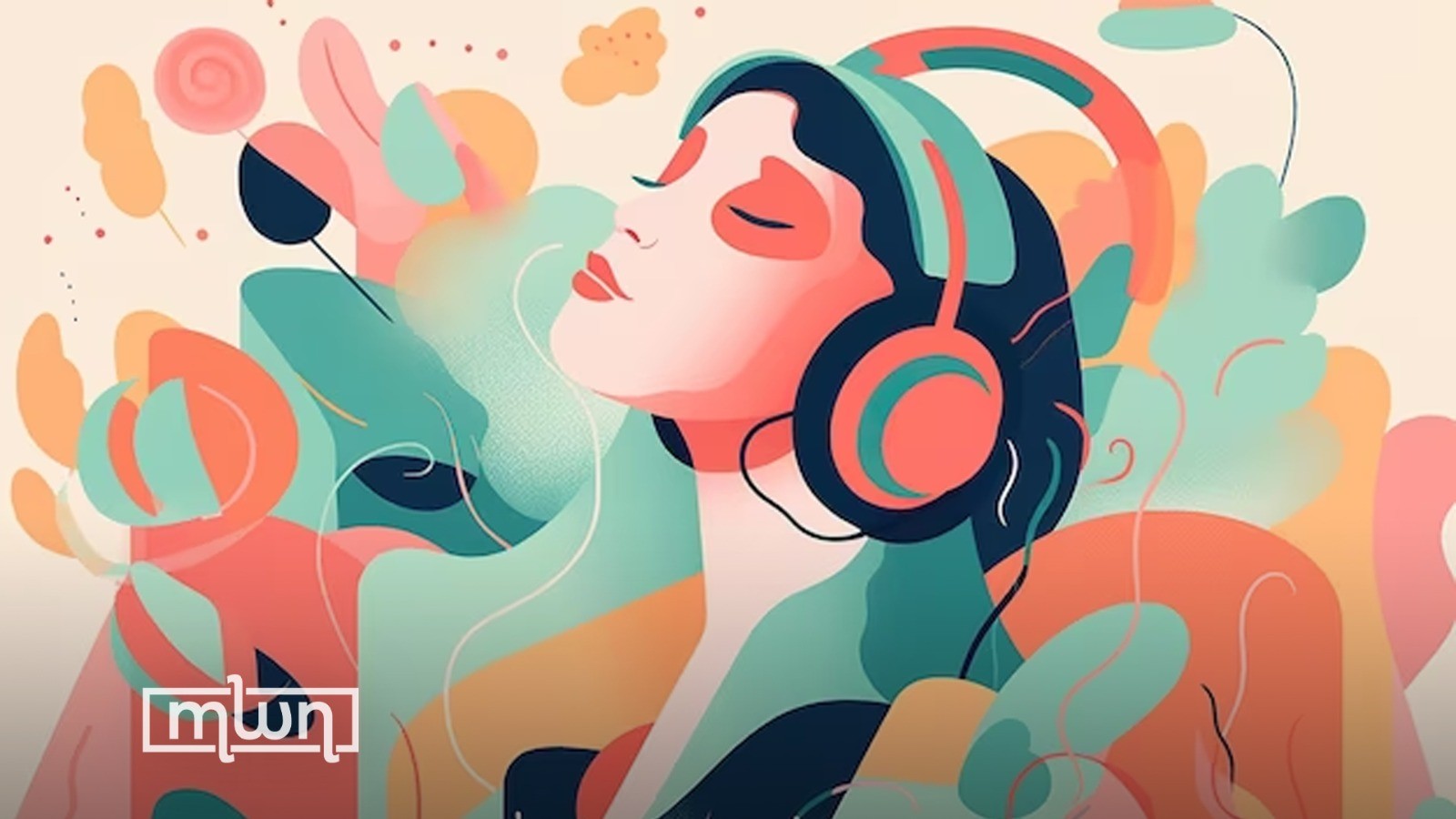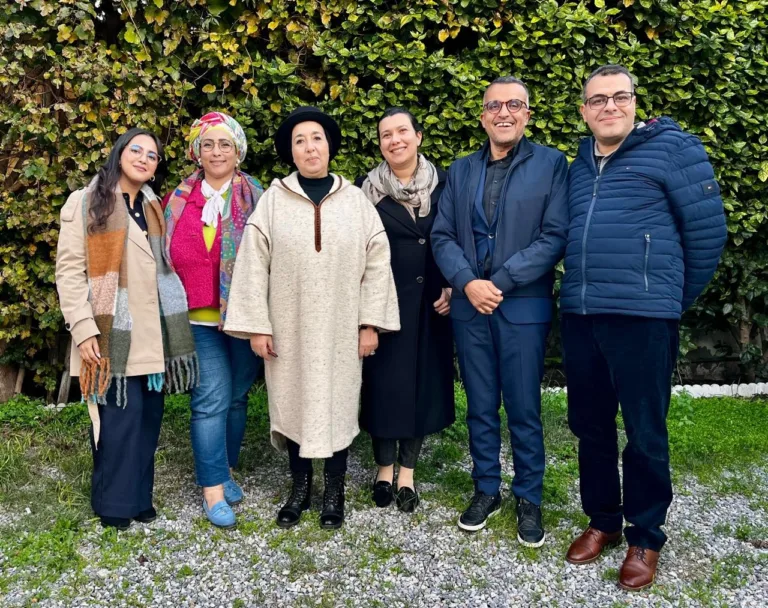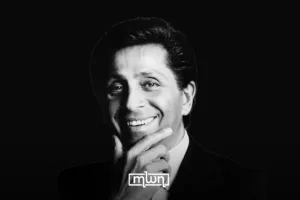Marrakech – Among these, music therapy stands out like a well-crafted melody in a cacophony of noise. It’s not just about tapping your feet to a catchy beat; it’s about harnessing the power of sound to mend the spirit.
But what exactly is music therapy, you ask?
Well, it’s not your typical therapy appointment.
Picture this; instead of a sterile waiting room, you find yourself in a cozy studio adorned with instruments of all shapes and sizes.
And instead of a prescription pad, your therapist wields a guitar or sits behind a piano, ready to unlock the healing potential of music.
It’s not about fancy instruments or complicated techniques; it’s about finding peace in the power of melody.
Whether you’re belting out your favorite ballad in the shower or strumming a guitar by the campfire, music has an uncanny ability to uplift the spirit and soothe the soul.
But it’s not just about relaxation; it’s about connection.
How many times have you bonded with a stranger over a shared love of a particular song? Or found comfort in the lyrics of a tune that seemed to speak directly to your heart?
Music has a way of bridging the gap between us, transcending language and cultural barriers to unite us in harmony.
And let’s not forget its therapeutic benefits.
Who among us hasn’t turned to music in times of sorrow or celebration, using it as a lifeline to navigate the highs and lows of life?
Whether it’s the cathartic release of a heartfelt ballad or the infectious energy of an upbeat anthem, music has a way of expressing emotions that words alone cannot capture.
In an article published on music therapy,Leigh Riby, Professor of Cognitive-Neuroscience at Northumbria University, says that, “advanced research tools such as high-density electroencephalogram (EEG) monitors enable us to record how the brain regions ‘talk’to each other in real-time as someone listens to a song or symphony.”
She added that, “These regions are stimulated by different aspects of the music, from its emotional content to its melodic structure, its lyrics to its rhythmic patterns.”
Perhaps the most beautiful thing about music therapy is its accessibility. You don’t need a fancy studio or a degree in music theory to reap its rewards.
Patanza, a fervent storyteller on X (formerly Twitter), shared a tweet inquiring, “How does music therapy benefit mental health?”
The comment section was flooded with responses such as “I think it calms the soul,” and “I don’t sleep if i don’t listen to good music,” or “It makes us happy.”
All you need is an open heart and a willingness to let the music guide you.
So the next time life throws you a curveball, why not cue up your favorite song and let the healing beat carry you away?
















